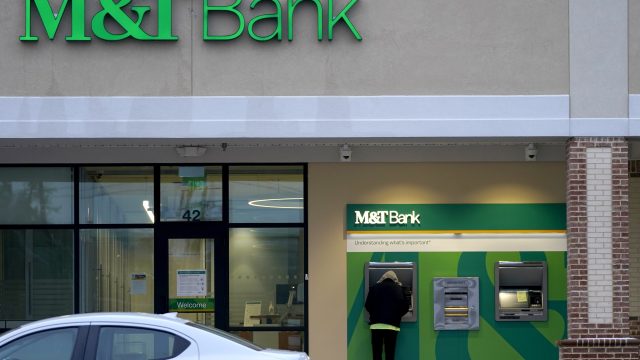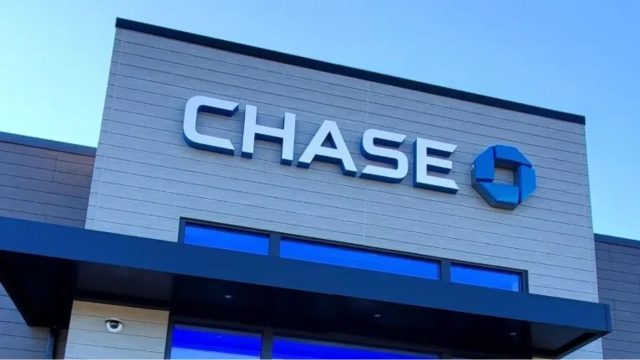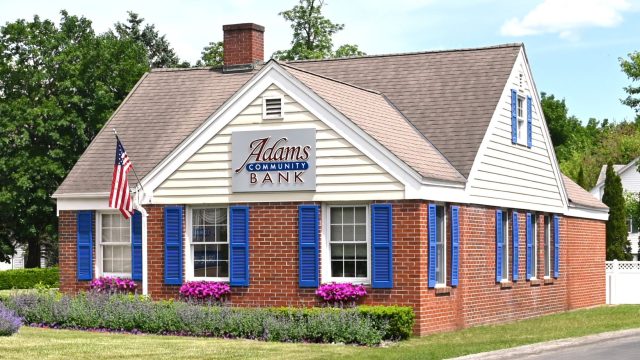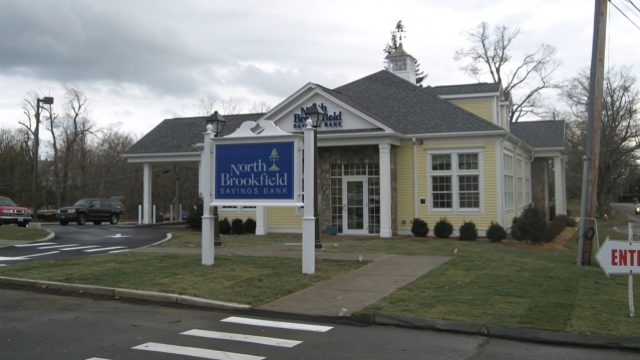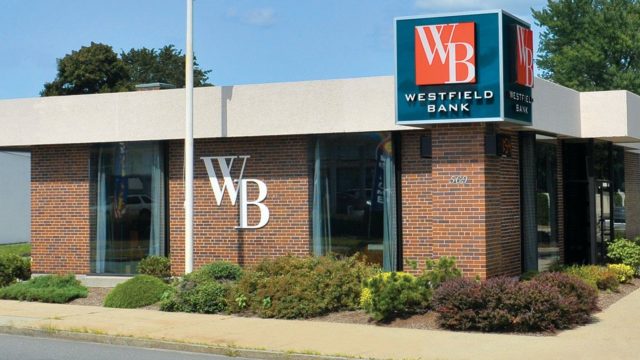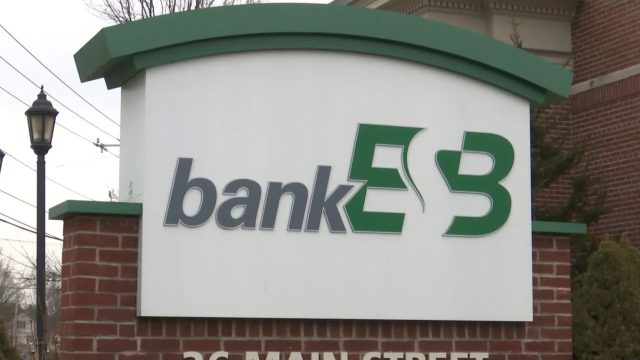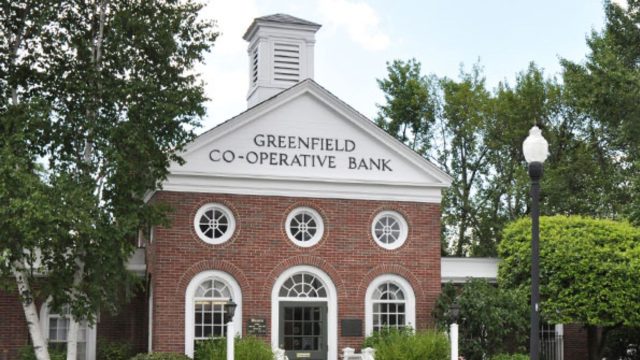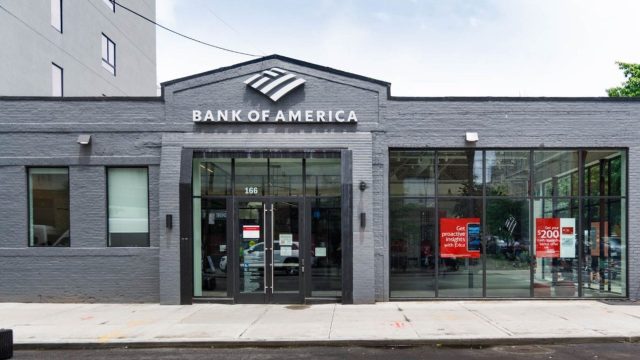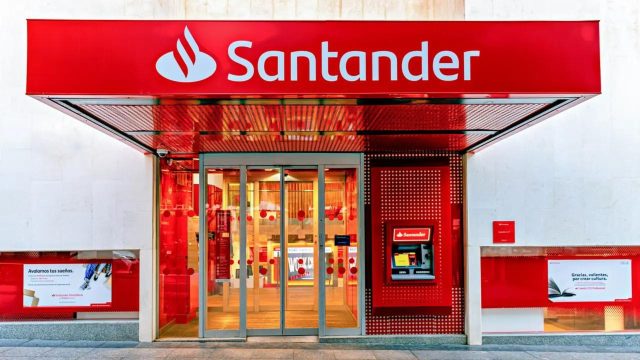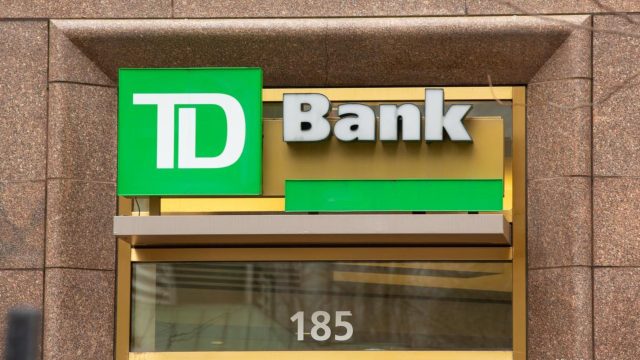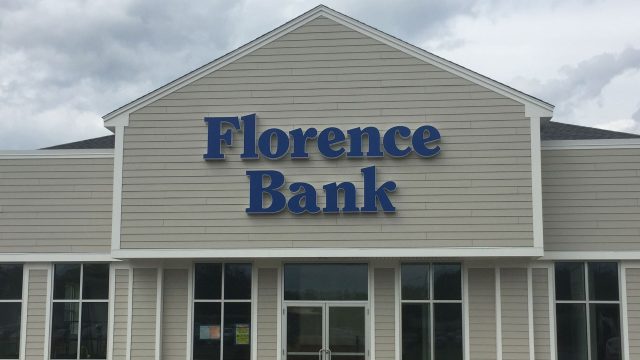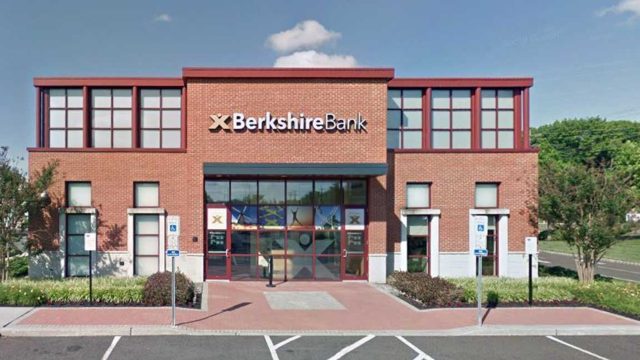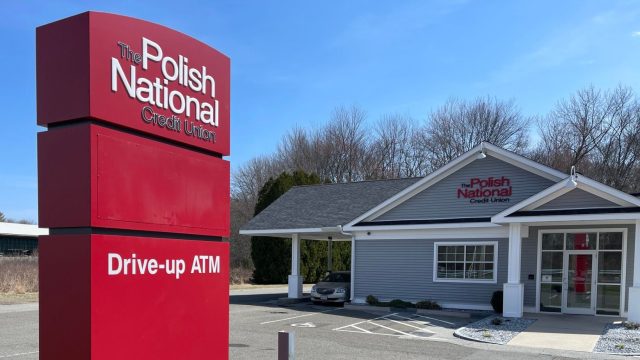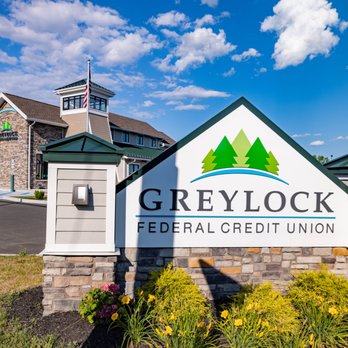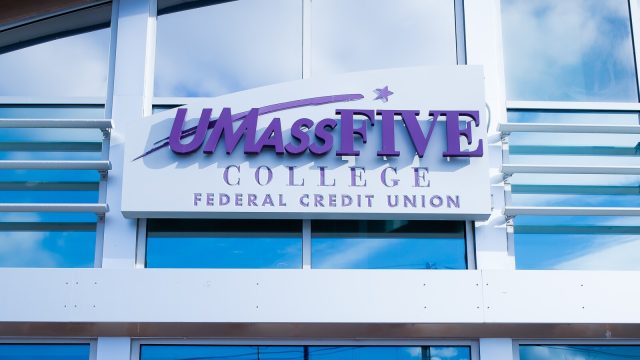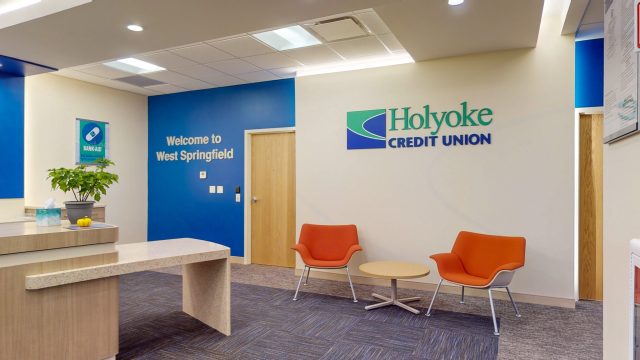The Guide to Business
Banking in Western Massachusetts
What's in this guide?
This guide covers all the essentials of business banking for the 413 area. With local banks, credit unions, and regional branches of national banks offering a wide range of services, it’s important to understand which ones fit your business model, growth plans, and financial needs.
PICTURED ABOVE: A changing financial landscape. Pittsfield Cooperative Bank rebranded to Co-op Bank as part of the changing tides in the finance sector. Banks in Western Massachusetts continue to reposition themselves to meet the demands of a fast-changing banking arena.
Disclaimer: This information is provided for general informational purposes only and does not constitute legal or financial, advice. Business owners should consult a licensed financial professional or legal advisor to receive guidance tailored to their specific circumstances.

Overview of Business Banking in Western Massachusetts
Community Banks are the most visible financial institutions in Western Massachusetts. You will often see local bank executives at Chamber of Commerce events, which cannot be said for national banks.
They are also the most involved in the community, and are heavily involved with business lending and supporting various community initiatives.
Other types of banks that you will find here include Credit Unions and National Banks.
In recent years, online banks that do not have a physical footprint in the region have started to make their mark, especially with startups that look for the most convenient platforms to get access to financial services.
Different Types of Banks
Business banking in Western Massachusetts offers a diverse range of options, with community banks, credit unions, and national banks each providing distinct advantages depending on your business needs.
Community Banks like Florence Bank and Greenfield Savings Bank are deeply rooted in the local economy, offering personalized service and a strong understanding of the regional market. These banks often prioritize relationships and may offer more flexible loan terms, quicker decision-making processes, and a focus on supporting local businesses. Their deep ties to the community mean they’re often more invested in your success, providing customized solutions that reflect the unique economic landscape of Western Massachusetts.
Credit Unions such as UMassFive College Federal Credit Union offer a member-owned model, which can translate into lower fees and better interest rates on loans and accounts. They are known for their customer-focused approach, often providing excellent customer service and financial education resources. Credit unions typically offer a more personal banking experience, with decisions made locally, making them a good choice for businesses seeking a cooperative and community-oriented partner.
National Banks like Bank of America and TD Bank, on the other hand, bring scale and convenience to the table. They offer a wide range of services, from extensive online banking platforms to comprehensive cash management and financing options. National banks are ideal for businesses that require more sophisticated financial products or have operations that extend beyond Western Massachusetts. They offer the advantage of widespread ATM networks, a variety of business credit card options, and the ability to handle larger financial transactions.
Choosing the right banking partner in Western Massachusetts depends on your business’s specific needs. Community banks and credit unions offer a more personalized touch and local expertise, while national banks provide broader services and resources for businesses looking to grow beyond the region.
Online banks like Mercury Bank are transforming business banking by offering a fully digital, low-cost alternative to traditional banks. Designed for startups many of these banks provide free business checking and savings accounts, no monthly fees, and powerful financial tools—all accessible online.
With features like virtual debit cards and seamless integration with accounting software these banks make managing business finances simple and efficient for smaller businesses.
The downside is that they don’t have physical branches, meaning they are not ideal for businesses that deal with lots of cash, and your money, as with national banks above, does not stay in Western Massachusetts. Finally, while they offer a lot of convenience, sometimes you just need to pop into the bank to talk to your bank manager.
Choosing the right bank or credit union
Choosing the right bank or credit union involves evaluating fees, interest rates, account options, and customer service. Consider accessibility, technology, and community involvement to find an institution that aligns with your financial goals and broader values. Research thoroughly to ensure a secure and satisfying banking experience tailored to your needs. Here are some options to consider…
Products and services
Banks and credit unions offer a variety of deposit, credit, and other related services. Determine exactly what financial products and services you are looking for.
Locations
You should consider whether you need a financial institution with few or many locations. Also consider whether you work a considerable distance from your home.
ATM & debit cards
Do you plan on using your ATM or debit card and like to access your account(s) from multiple locations? Consider a bank or credit union with a large surcharge-free network of ATMs.
Fees
Make sure you are aware of the fee structure you may be charged for the number of completed monthly transactions. This may include check writing, ATM transactions, and point of sale transactions.
eBanking
Do you prefer to do your banking from your computer or mobile device? If so, consider a bank or credit union that offers this capability. Most banks and credit unions now offer eBanking options.
Inc413 Factoid
Community banks provide about 60% of small business loans across the country, and Western Mass is no exception. They prioritize relationships over transactions, which means they’re often the go-to for local businesses and farmers who need flexible, personalized support.
Community Banks
Why are community banks important?
Community banks are essential for fostering local economic development, supporting small businesses, and providing accessible financial services. They play a vital role in the financial ecosystem for several reasons:

Local Focus
They prioritize the needs of their local communities, understanding regional economic conditions and customer preferences.

Personalized Service
Community banks often provide more personalized customer service, fostering strong relationships with clients.

Small Business Support
They are more likely to lend to small businesses, driving local economic growth and job creation.

Financial Inclusion
Community banks often serve underserved populations, providing access to banking services that might be unavailable elsewhere.

Economic Stability
By keeping deposits and loans within the community, they help stabilize the local economy and promote sustainable growth.

Community Investment
Community banks invest in local projects and initiatives, supporting schools, infrastructure, and local charities.

Flexibility in Lending
Inc413 Factoid
The Federal Deposit Insurance Corporation (FDIC) reported that as of June 30, 2023, the host state loan-to-deposit ratio for Massachusetts was 94%. This high ratio indicates that banks in the state are actively lending a substantial portion of their deposits, thereby supporting local businesses and individuals.
List of Community Banks
Credit Unions
List of Credit Unions
National Banks
List of National Banks
Other Financial Institutions
Coming soon…

